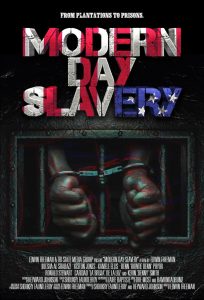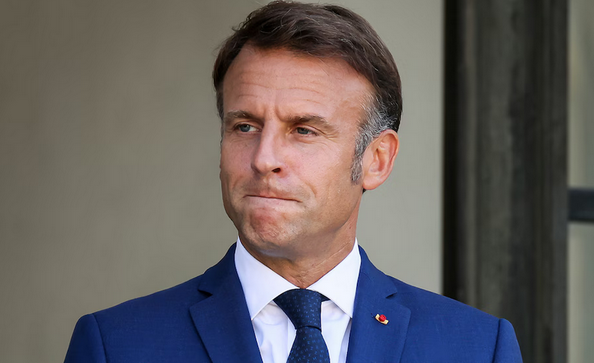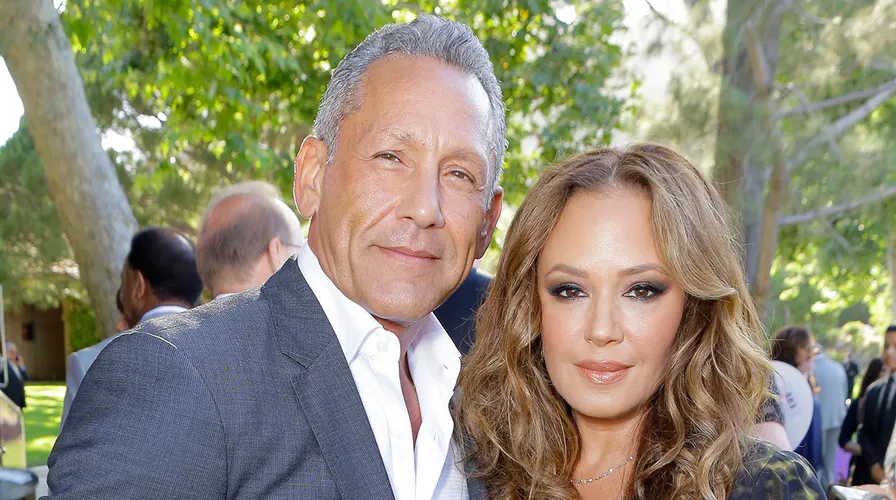By Edwin Freeman
Photos: Edwin Freeman
As an actor who has starred in major hits like Notorious and Luke Cage, I know the power of Black stories reaching a mass audience. But as a filmmaker, I’ve also seen how critical it is for Black creators to maintain ownership and control over those narratives.

In today’s streaming age where “content is king,” there is an insatiable demand for compelling stories and perspectives. Black independent filmmakers are perfectly positioned to fill that demand with authentic, underrepresented voices and experiences.
The data backs this up. Despite making up just 13% of the U.S. population, Black Americans account for a staggering $1.3 trillion in spending power. Black Panther alone grossed over $1.3 billion globally. Black movies and shows with Black creators, directors, and owners generate massive profits when given a platform.
Yet according to a 2019 study, only 5.1% of directors across the top movies were Black. Just 3% of film producers were Black. Behind the camera, representation and ownership remains dismally low. Stories by and about Black experiences are often filtered through a non-Black lens.

That’s why I founded my own production company to take control of my creative vision. My documentaries Modern Day Slavery and Beats & Lyrics, both streaming now on Tubi, tackle heavy subject matter through an authentic Black voice and lens that I owned from start to finish.
As new streaming platforms like Tubi proliferate, the demand for Black stories and perspectives will only grow. Black filmmakers can no longer afford to let those narratives be co-opted or controlled. We must raise our voices as owners and stakeholders, transcending from the roles we’re typically cast in to take the reins of creative control and economic ownership over how our stories are told.
That’s the only way to ensure Black experiences are portrayed with truth and dignity. And perhaps more importantly, that the immense cultural capital and profits generated from our narratives flow back to empower those storytellers and communities. The future of streaming is Black. It’s time we shape it as owners, not rent out our narratives to others.










